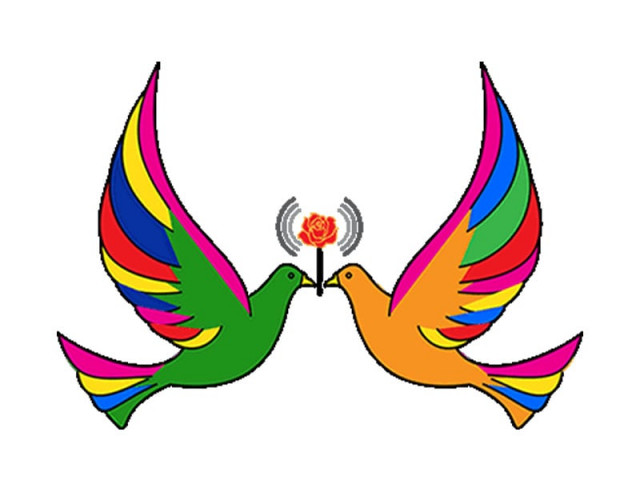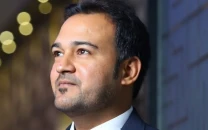Twitter is great, but stick to facts, cross check sources: Tehelka editor
Journalists should avoid adding exaggerated, sensationalist headlines to their stories for twitter to get followers.

Twitter is great, but stick to facts, cross check sources: Tehelka editor
Senior Indian journalist Karuna John, who currently serves as the Associate Editor at Tehelka.com and has served on the reporting and editorial teams of leading publications, warned the gathered crowd at the Pakistan-India Social Media Mela 2012 that over reliance on the social media platform could land them in trouble.
John, who has reported from Jammu to the Andamans, covering issues ranging from the price of dried apples to Tsunami rescue operations during her career recalled the exposé that got Tehelka its first taste of online success of going viral in the very limited internet world in 2001.
A sting operation using a spy cam revealed the corruption of the then BJP leader Bangaru Laxman accepting bribe from journalists pretending to be defence contractors.
“This was a time when we actually discovered what the term viral meant,” she said.
However, the sting operation, daring as it was, did not come without consequence. “The BJP which was in power back then made sure we suffered,” she said, cutting off key funds for the news website.
On Twitter she said it was a great tool for journalists and Tehelka makes generous use of it. But for those following in their footsteps, she advised caution.
John believes despite the speed demonstrated by the social media service, often beating the more established wire services to news, they still needed to be verified and cross-checked, as is customary for the reporter to do for each story. Although it’s great that one can get to know about an incident much before the story lands on professional news wire service, but the journalist shouldn’t file a story just on the basis of that alone.
“The journalist must stick to reporting facts and cross check details with his sources,” she said blaming the social media sites for making reporters lazy.
“Twitter has in a way contributed to the concept of lazy journalism,” she said.
John, who focused on the topic of 'Ethical Reporting' during her brief talk, said the need for media ethics especially comes to fore during breaking news.
Comparing the trends of breaking news alerts on TV and social media, John said on TV there is 'breaking' news almost every hour. “There is a lot of drama in the TV breaking news. Questions like when will Rahul Gandhi get married will be asked with special effects,” she said.
However on social media outlets like Twitter, readers are spared such drama.
She said that newspapers need to be very careful when quoting a known personality from his Twitter handle. She recalled that recently in India a leading paper quoted a famous personality using Twitter which later turned out to be fake ID used for parody.
Also, she pointed out bad practices adopted by present day journalists who deliberately tweet stories with exaggerated titles just so that they can get popular in the social media. For example, a journalist may know that the interview he has just conducted didn’t have much meat in it, but he/she may tweet something like Mr X politician said Pakistan is a sad state, knowing well that such a controversial statement will get him a huge following online. “We should avoid doing that as journalists,” she warned.


















COMMENTS
Comments are moderated and generally will be posted if they are on-topic and not abusive.
For more information, please see our Comments FAQ